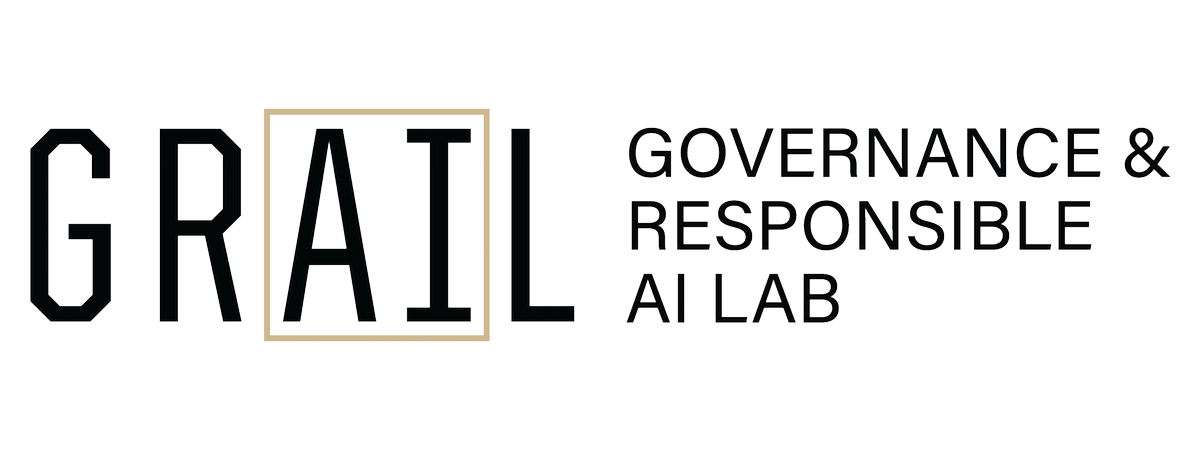Skip to main content

Research
- Introducing the AI Governance and Regulatory Archive (AGORA): An Analytic Infrastructure for Navigating the Emerging AI Governance Landscape, Forthcoming, 7th AAAI Conference on AI, Ethics, and Society (AIES)
- The Liar’s Dividend: Can Politicians Claim Misinformation to Evade Accountability?, American Political Science Review
- Merging AI Incidents Research with Political Misinformation Research: Introducing the Political Deepfakes Incidents Database, Innovative Applications of Artificial Intelligence 2024 (IAAI-24) Conference Proceedings
- Is Technology Governance Changing? Framing Contestation and Public Participation in U.S. AI Policy, Policy & Society
- Institutional Factors Driving Citizen Perceptions of AI in Government: Evidence from a Survey Experiment on Policing, Public Administration Review
- Narratives and Expert Information in Agenda-Setting: Experimental Evidence on State Legislator Engagement with Artificial Intelligence Policy, Policy Studies Journal
- Digital Transparency and Citizen Participation: Evidence from the Online Crowdsourcing Platform of the City of Sacramento, Government Information Quarterly
- Does Collective Citizen Input Impact Government Service Provision? Evidence from SeeClickFix Requests, Public Administration Review
- Looking Through a Policy Window with Tinted Glasses: Setting the Agenda for U.S. AI Policy, Review of Policy Research
- Assessing Public Value Failure in Government Adoption of Artificial Intelligence, Public Administration
- What Governs Attitudes Towards Artificial Intelligence Adoption and Governance?, Science and Public Policy
- Education for AI, Not AI for Education: AI, Education, and Ethics in National AI Policy Strategies, International Journal of AI in Education
- The Impact of Automation and Artificial Intelligence on Worker Well-being, Technology and Society
- Explaining the Principles to Practices Gap in AI, IEEE Technology & Society Magazine
- AI Ethics in the Public, Private, and NGO Sectors: A Review of a Global Document Collection, IEEE Transactions on Technology and Society
- Out of the Laboratory and Into the Classroom: The Future of AI in Education, AI & Society
